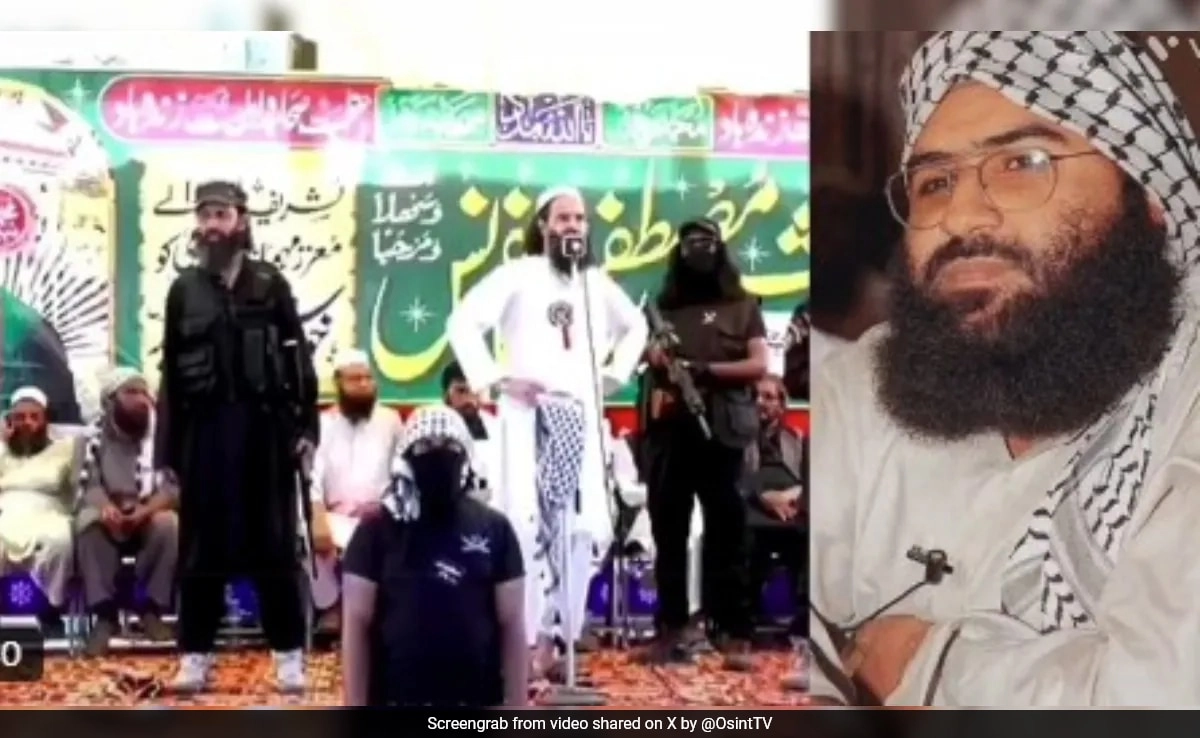In a startling development, just seven hours before a highly anticipated cricket match between India and Pakistan, intelligence reports revealed that the notorious terrorist organization Jaish-e-Mohammed conducted a recruitment drive in the region. This incident raises significant concerns about the potential for violence and disruption during one of the most followed sporting events in the subcontinent. Cricket matches between these two rival nations often evoke intense emotions, and the timing of this recruitment drive signals a disturbing intersection of sports and terrorism, highlighting how the fervor surrounding such events can be exploited by extremist groups.
According to sources, the recruitment activities were aimed at mobilizing young individuals in the area, leveraging the heightened sentiments associated with the cricket match. The match, a focal point for national pride and rivalry, often draws significant viewership, and the atmosphere is charged with passion. Jaish-e-Mohammed’s actions suggest an attempt to capitalize on this fervor, potentially seeking to instigate unrest or violence during the match itself. This strategy is not new; extremist groups have historically sought to exploit significant cultural events to further their agendas, aiming to sow discord and fear among the populace.
Authorities have ramped up security measures in anticipation of the match, recognizing the potential risks posed by such recruitment activities. Enhanced surveillance, increased police presence, and intelligence-sharing among various security agencies are critical components of the strategy to ensure public safety. The focus remains on preventing any incidents that could tarnish the spirit of the game and threaten the safety of players and spectators alike. The challenge lies not only in securing the event but also in addressing the underlying issues that allow extremist groups to thrive, particularly in regions where youth are susceptible to radicalization.
As the cricket match approaches, the juxtaposition of sports and terrorism underscores the broader socio-political dynamics in the region. The passionate following of cricket can serve as both a unifying force and a potential flashpoint for conflict. It is essential for authorities and community leaders to engage with young people, providing them with avenues for positive expression and discouraging paths that lead to radicalization. In this context, the cricket match becomes more than just a sporting event; it is a moment that reflects the complexities of identity, nationalism, and the ongoing struggle against extremism in South Asia. As fans gear up to cheer for their teams, the shadow of terrorism looms large, reminding us of the challenges that persist in the region.




